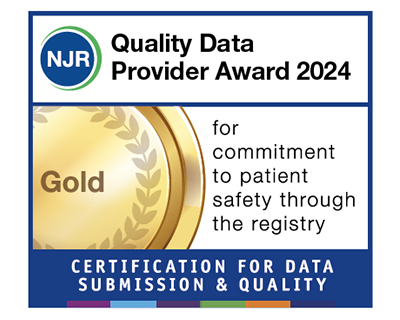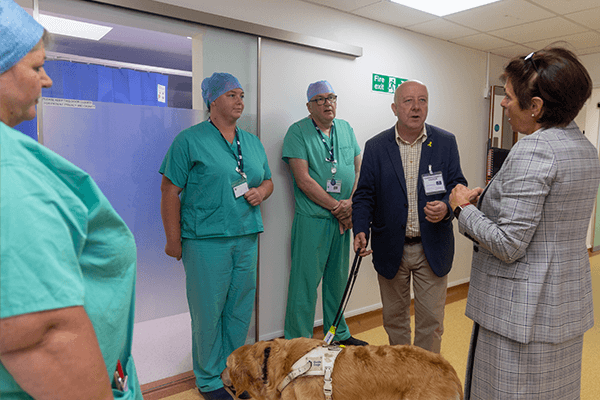nSTRIDE® APS is an outpatient treatment and so you can expect a quick recovery.
After your injection, you may experience some side effects. These can include swelling in your joint, bruising, and local pain associated with drawing your blood draw or your knee injection.
Over the first four to five days, you may experience pain in your injection site or your knee, or both. Do not take nonsteroidal anti-inflammatory drugs (NSAIDs) to manage your pain but you can take other analgesics such as paracetamol.
For the first 14 days, you should keep your activity level to a minimum and not exceed your pre-injection activity levels.
As a minimum, you should limit activities including walking for the first four to five days to prevent inflammation and swelling of your joint. Training and sports should be avoided for at least four to five days after treatment and ideally for 14 days. This is particularly important if you normally participate in high-intensity or long-distance sports or training.
After four to five days, you can expect a small reduction in swelling, stiffness, and pain. You may experience pain relief after one to two weeks. But most patients, feel pain relief between four and eight weeks after treatment.
A significant reduction in pain may take up to eight weeks and can occur suddenly or gradually.


